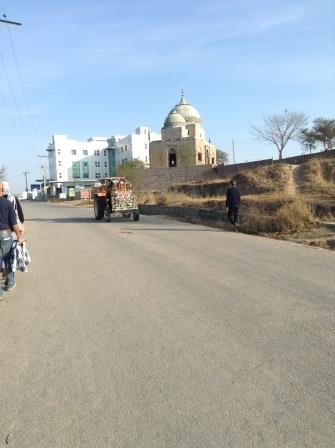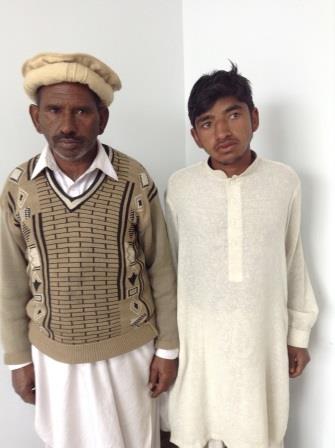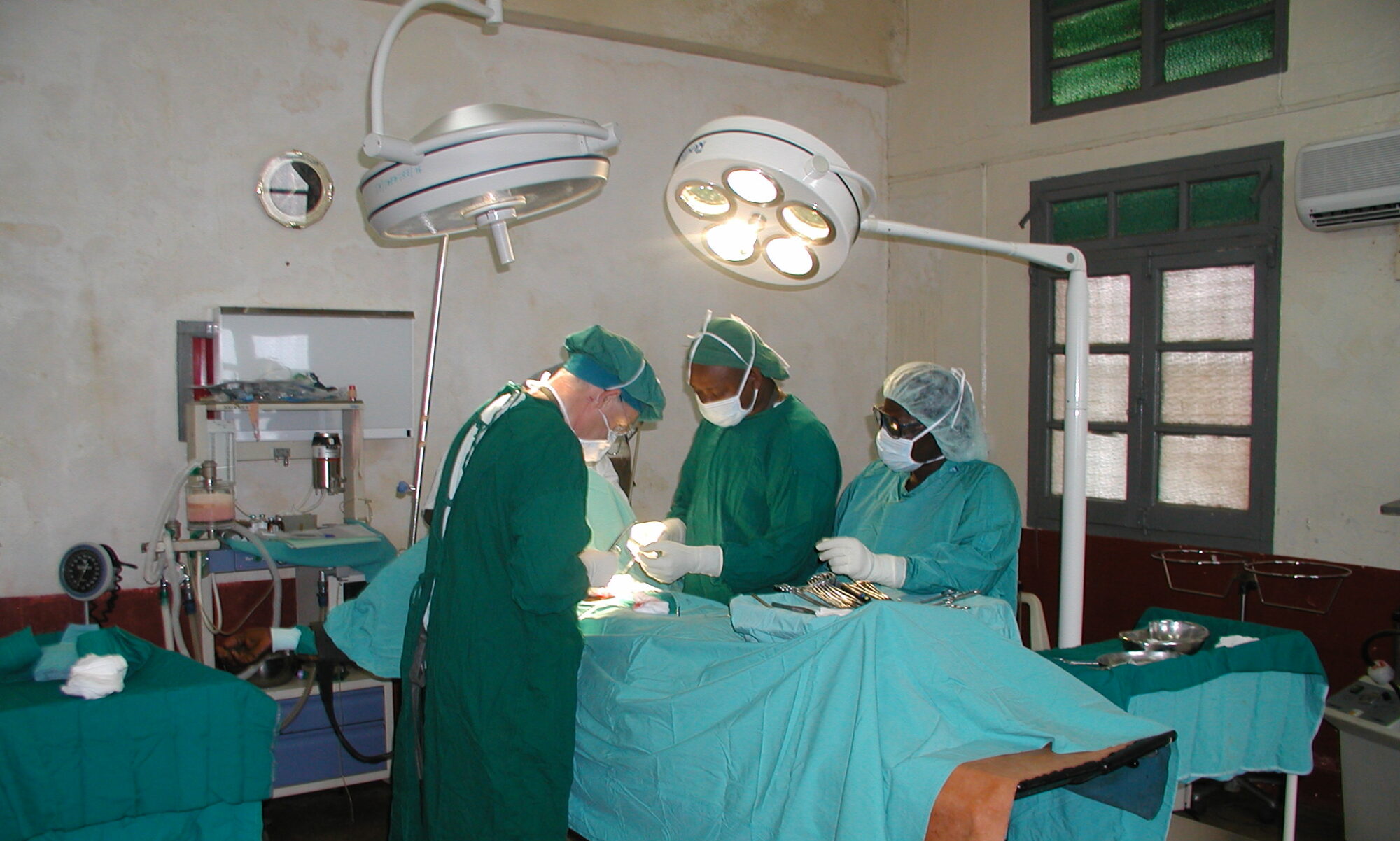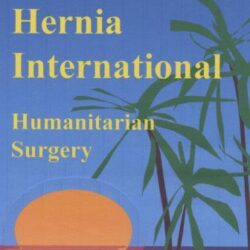Hernia International in Pakistan, March 2014
Team Members: Andrew Kingsnorth, Alan Cameron, Shambhu Yadav, Vernon Sivarajah, and Penny Howell (anaesthetist)
As a destination for Hernia International, Pakistan’s reputation for terrorism, corruption, poverty, overpopulation and illiteracy did not seem promising. However my fears were allayed after attendance at a fundraising gala in Birmingham to support the Bewal International Hospital (BIH) in the Punjab – our host hospital. BIH is an extraordinary venture and based on £2m donations from Overseas Pakistanis mostly originating from the Bewal area. A modern, well-equipped facility has been built on the Pothohar plateau on which Bewal is situated. The plateau is fertile being situated between the Jhelum and Indus rivers which spread their muddy waters over the terrain in the monsoons. Wheat, barley and sorghum are grown in abundance. At this time of year the fields are a green patchwork of terraced plots, which will be ready for harvest (manually) in just one month’s time. Shortly after the harvest the temperatures will rise to 40 degrees until the monsoons arrive in August.
Our mission was meticulously organised by Atiq Rehman, an ex-patriot Pakistani who had relocated from Bewal about 30 years previously and who currently practices as a vascular surgeon in Dudley. Atiq had been largely responsible for the design, building, equipping and staffing of BIH during the last 3 years, and its coming on-stream as a community hospital, but with 2 operating theatres ready for use when the opportunity arose – enter Hernia International for a 5-day mission during 1-9 March!

Bewal town is a typically chaotic, unplanned Asian town where street traders line the extravagantly potholed and undrained, metalled road on which traffic rules are absent and the main form of travel is tut-tut or a motorbike-for- four. In early March the mornings are bright and fresh (temperature about 5 degrees) and the atmosphere is bracing. We were housed in Atiq’s uncle’s spacious and vacant house about a mile from BIH. We had the luxury of a cook and housekeeper to energise us for the 10-hour working days. We had the choice of an invigorating walk to the hospital either through fields and past villagers’ houses and livestock, or through the town as it awakened and struggled to work, and children strolled happily to school.
Local members of staff supporting us included a theatre tech (Ashiq), and several nurses and a gynaecologist who doubled up as ward, OR and recovery staff. Surgeons doubled up as operator, scrub nurse and assistant. An exotic mix of supplies was brought by the team and provided by the hospital, all of which proved to be more than adequate for the 59 patients (with 66 hernias) that were treated. Several junior registrars from Rawalpindi Medical College attended during the week for hands-on tuition. Andrew lectured at the College and performed an operation on the Mother-of -all-hernias (4 hour job) at the Benazir Bhutto hospital.
The week was rounded off with a day spent in the capital city of Islamabad – a scenic, green and calm city planned and built in the 1960s, with a backdrop of the Margalla Hills National Park. After visiting the vast Faisal Mosque, we had lunch in a restaurant overlooking the panorama of the city below, before a tour of the Pakistan Monument at its imposing best, at dusk.

It was a great adventure, and no doubt we will be back.
Andrew Kingsnorth

